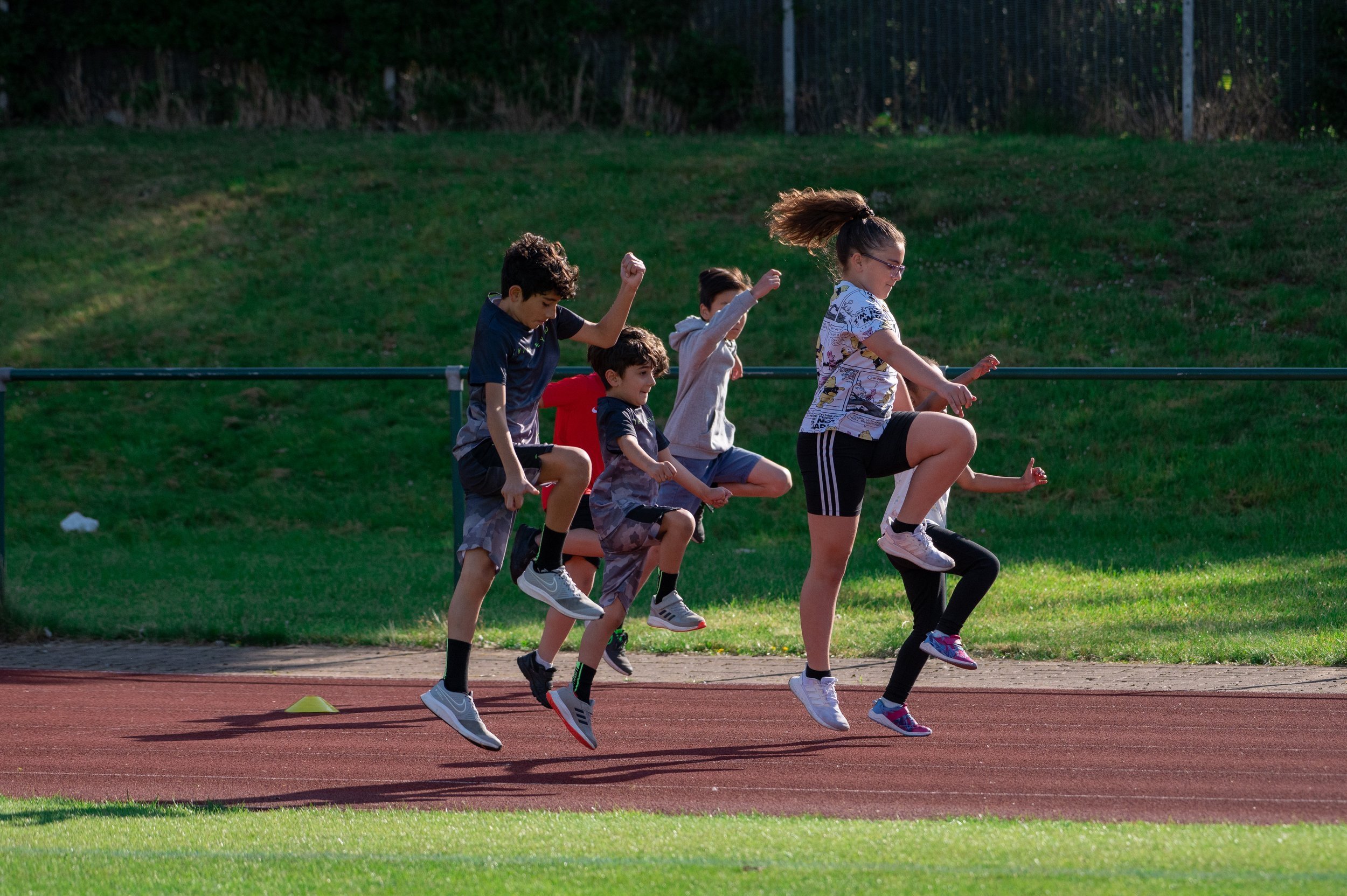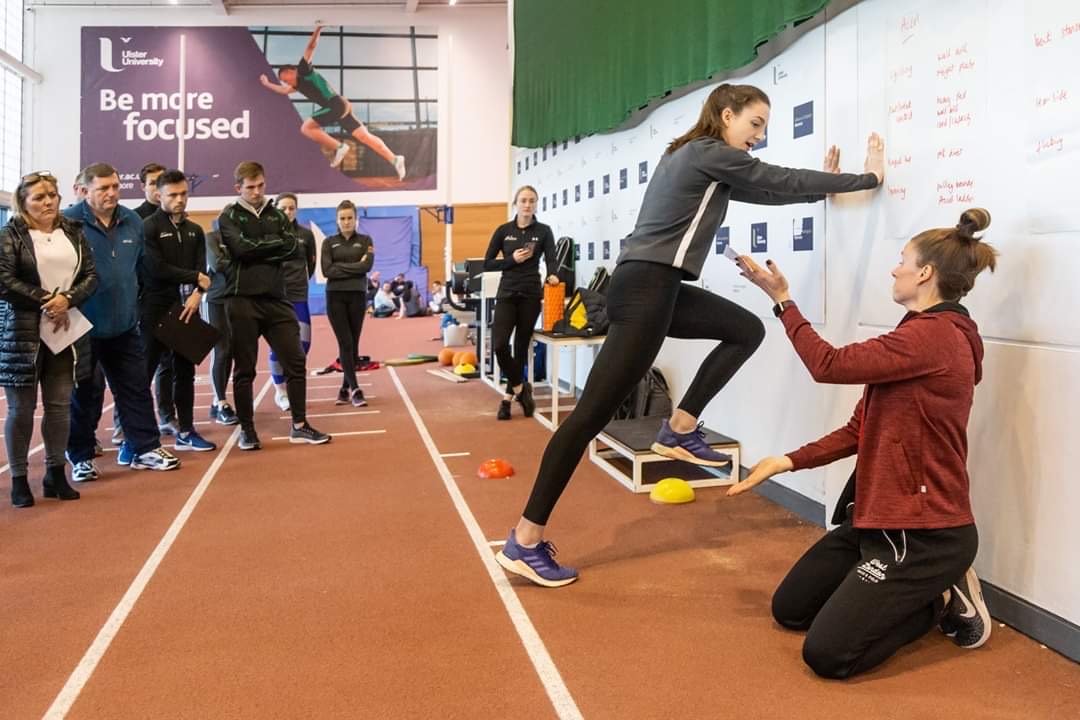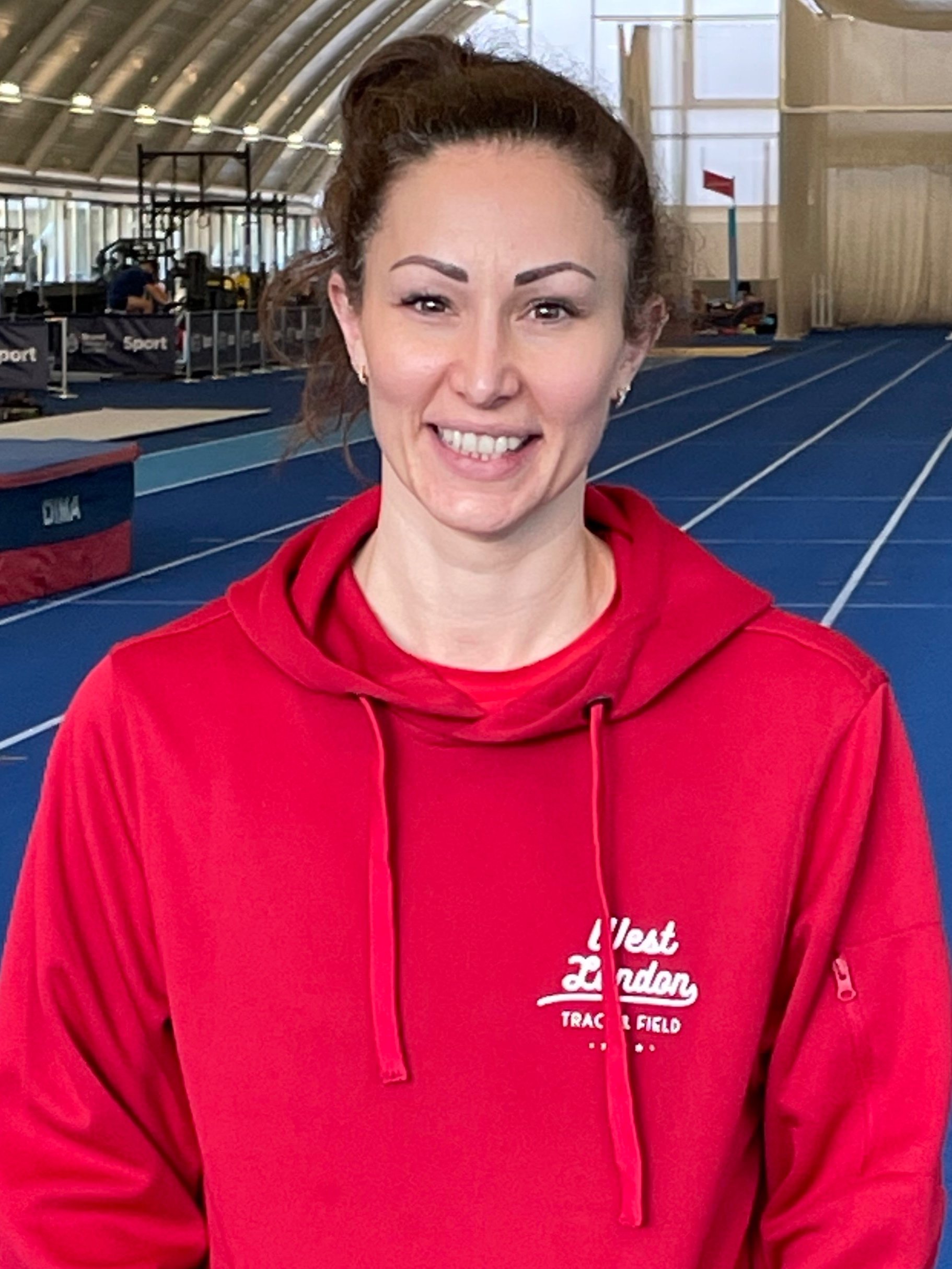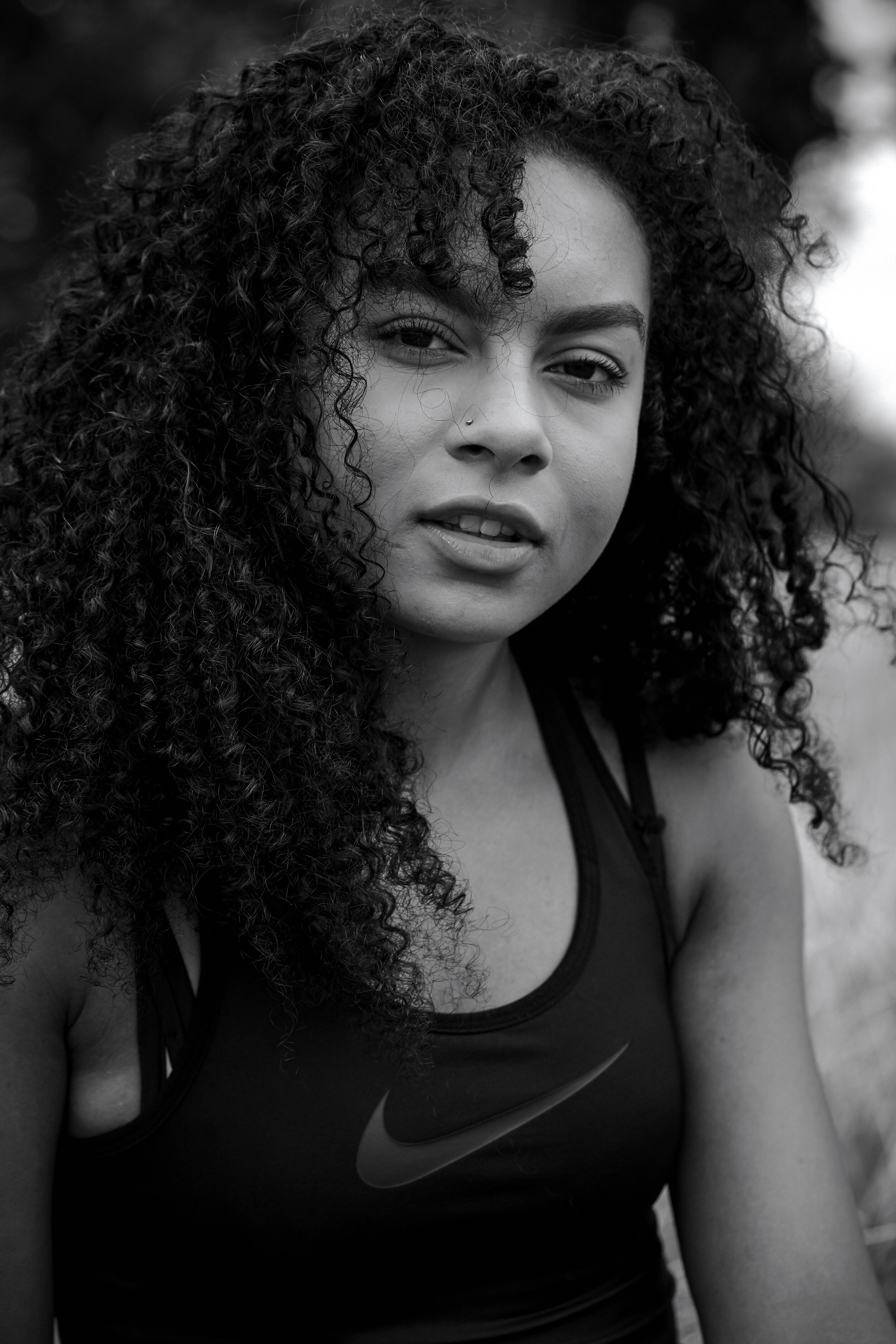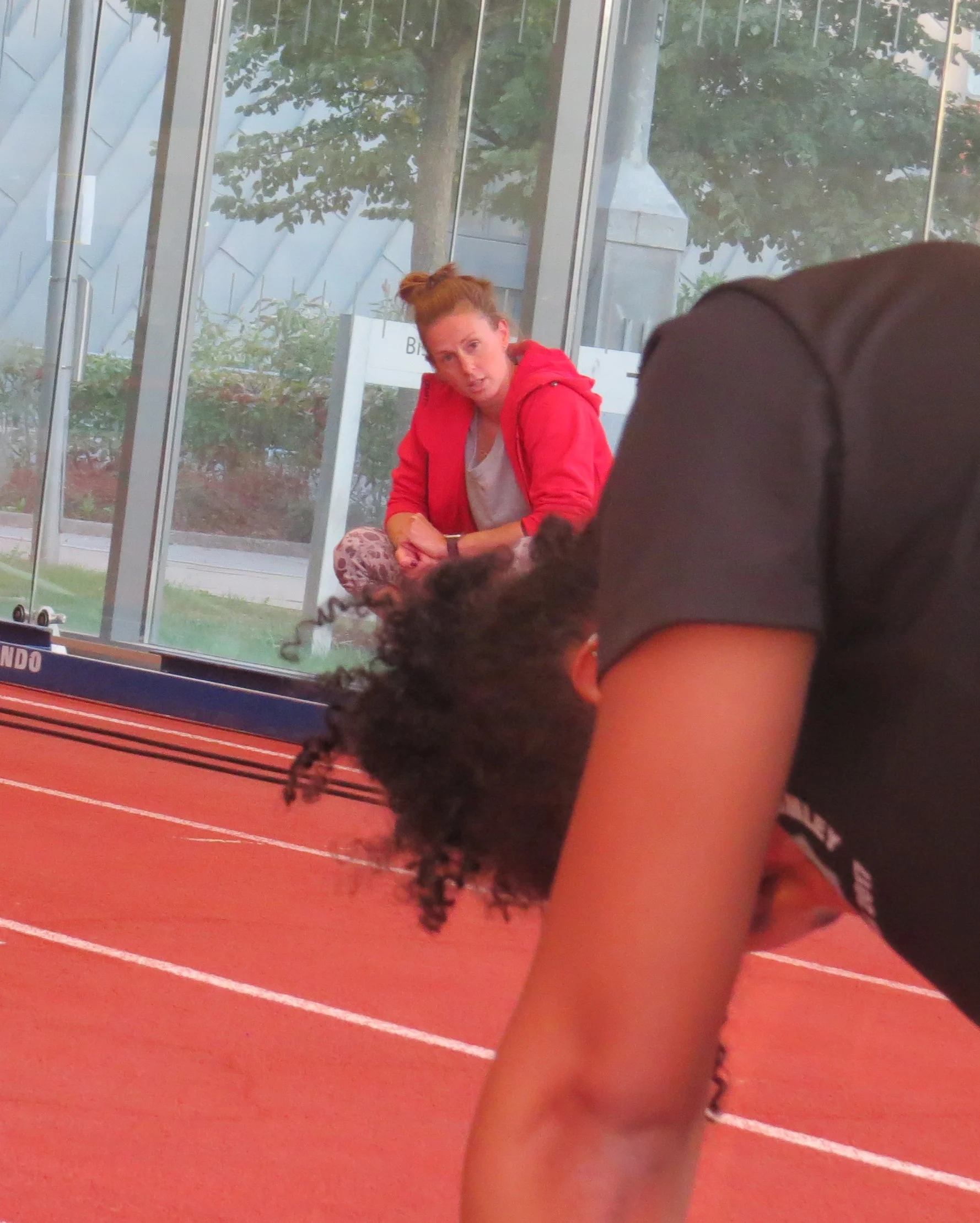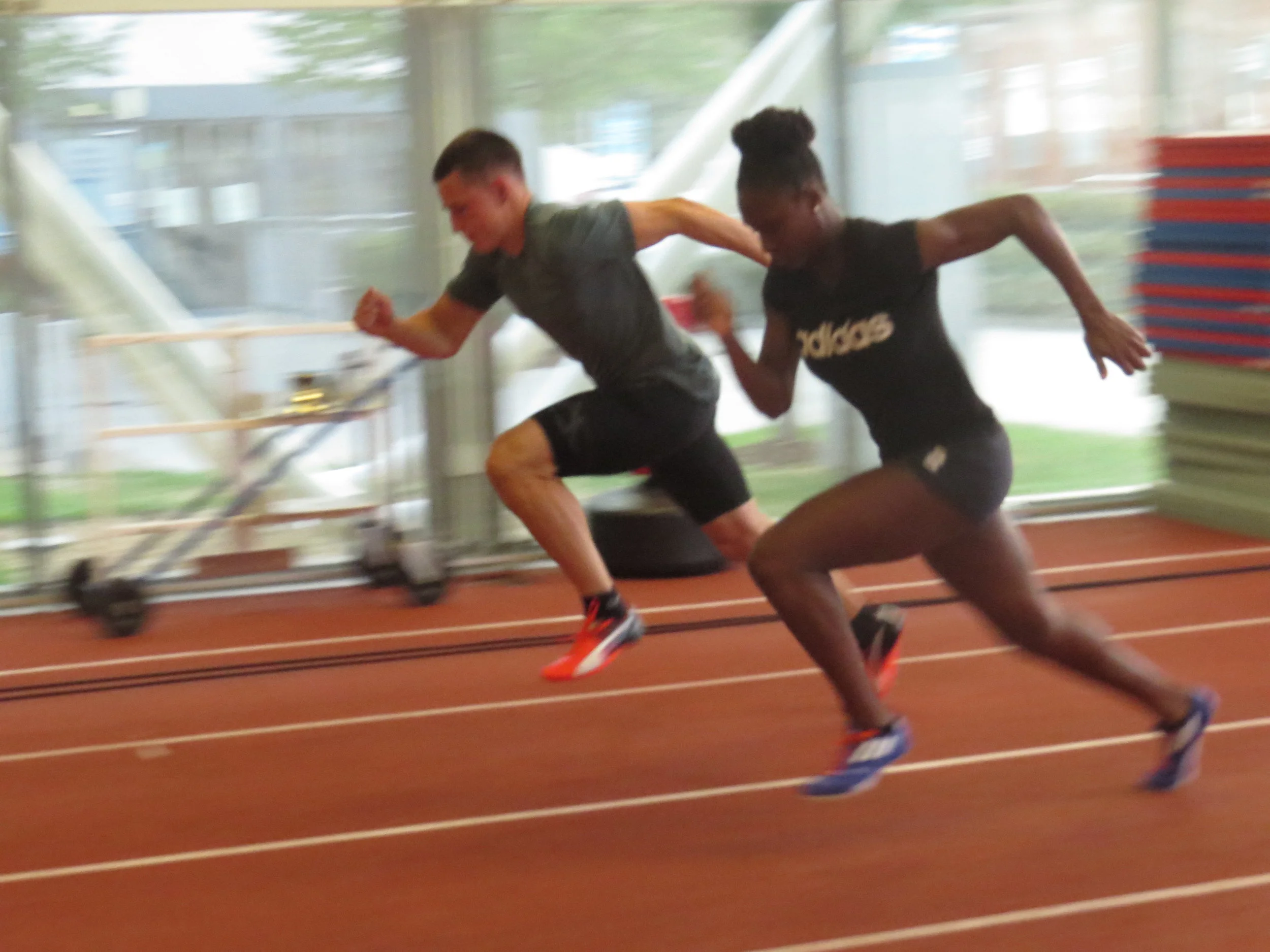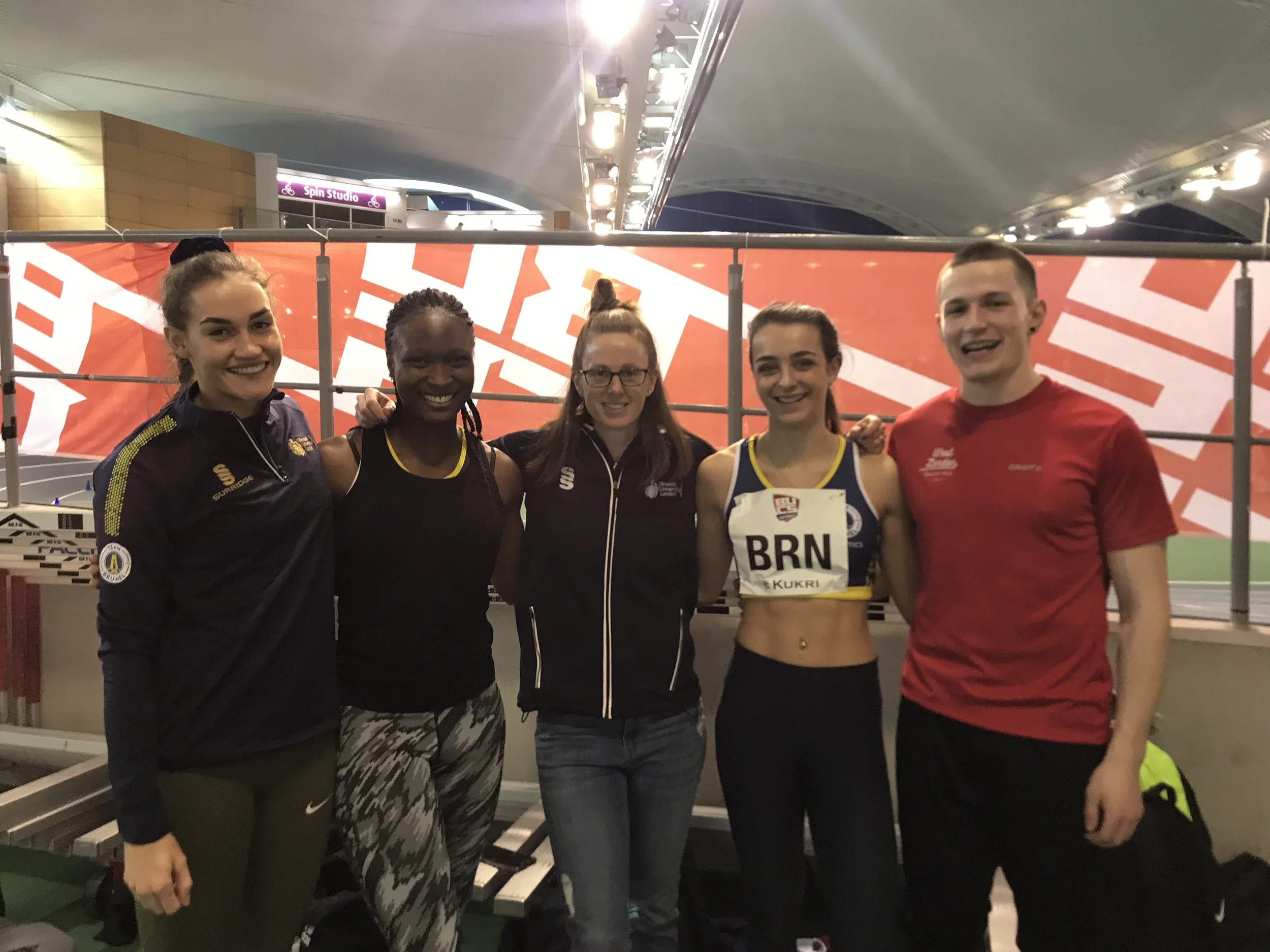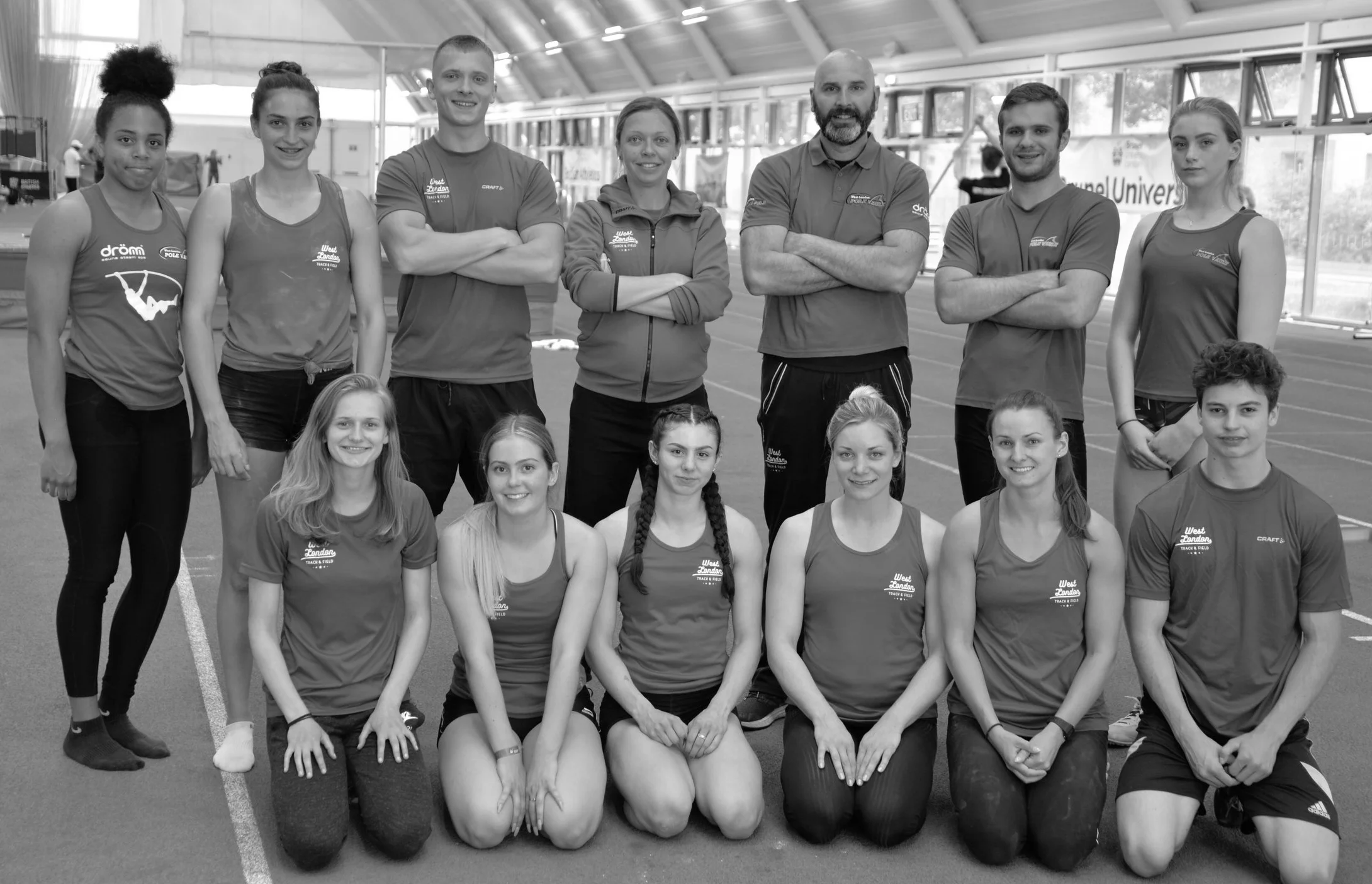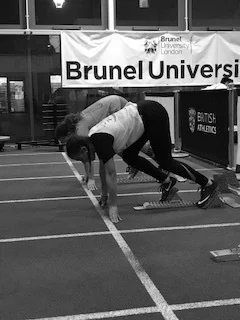Next in our series of articles from our staff, is an insight into the Bronze Performance Sprints Squad methods.
Charlie Craddock, Performance Sprints Coach.
Are we seeing a shift from volunteer-based club coaching to the rise of professional environments such as West London Track and Field? I am going to give you a small insight into how we work with the sprinters and hurdlers.
Here at WLTF, we have a clear pathway for athletes aged from 7 years old. Our coaches are all in agreement with each other as to the way the athletes will be best served when at training. As a result, you have a collective group working with each other. Coaches all fire ideas off each other and discuss sessions plans. The experienced coaches learn from the less experienced coaches and vice versa. All ideas are welcome. In my eyes, it is the job of the coach to carry on learning for as long as they coach. NO ONE KNOWS EVERYTHING! This is the beauty of a TEAM.
With a network of coaches in place, development happens at a steady rate and is constantly monitored. A steady pathway and foundation is laid out and built for the athletes to follow. In my opinion, youth coaches often aren’t given enough credit for the role they play in an athlete’s pathway. When the coaches feel fit, they will progress athletes on, maybe in terms of training or maybe to the next group or even both.
In my group of 7 athletes, I currently have 4, soon to be 5, different sessions running. One is a rehab plan, the other three sessions all share the same overall goal, but due to the athletes in my group and the events they wish to do, I have realised they all need different pathways to reach that goal. With that, our S&C coach (Antonia) also has to tailor a plan suitable to the needs of each individual to compliment what we do on the track. Antonia does a great job here. We set out the specific needs of the athletes and she is able to plan and deliver the S&C programme based on these discussions. Strength and conditioning isn’t about throwing massive weights around a gym un-controllably. Sometimes it’s simple body weight circuits and exercises performed correctly for the right reasons. Ultimately, this personalisation is the difference between a successful programme where athletes flourish and a programme full of stagnation and even injury.
Are young athletes being allowed to specialise too early? In my opinion, athletes who are U15/U13 should be on a multievent biased programme, to allow for appropriate learning of motor skills and fundamental movements which underpin most sports, not just athletics. Even at older age groups, running, jumping and throwing should all still be included in the programme. For example, the group I train are all 15 years + so I try and programme a jumping activity within the warm up, the running session followed by some med ball throws within their conditioning. The throwing and jumping elements can be switched around depending on the desired outcome of the session.
How do coaches know if athletes have technically improved without enough monitoring in place? Progression should be monitored and tracked. You may be wondering what forms of monitoring we use at WLTF, there are many. Athlete profiles (where we find out the athletes understanding of technical points and highlight which to work on), kinograms, records of times run and weights lifted through various sessions across the year, vertical and horizontal jump testing weekly, and for some of the younger ones it may even be discretionary such as mental maturity. If an athlete isn’t mentally mature enough to handle training loads, this could be a big factor in them not developing. Admittedly some of this equipment comes with a cost, however this is what makes us stand out and helps us deliver an athlete centred programme.
It’s not just on the track where the monitoring and support comes but also trackside where we have massage therapists, osteopaths and physiotherapists working to ensure athletes are in peak condition to train and compete. They keep records of treatments so profiles of athletes are also built up off track as well. Communication between therapist and coach is vital, often a good effective discussion can result in establishing why an athlete may have had some tightness, tenderness or why they may have picked up an injury. And, not to forget nutritional support, which is offered where needed.
We try our best to deliver an athlete centred programme; an integrated team of professional coaches/therapists who are all eager to learn, constant monitoring and tracking of the athletes and continuous conversations in all directions.
I hope I have given you an insight into how we do it at WLTF. How does this compare to other set ups around the world, not just in athletics?


